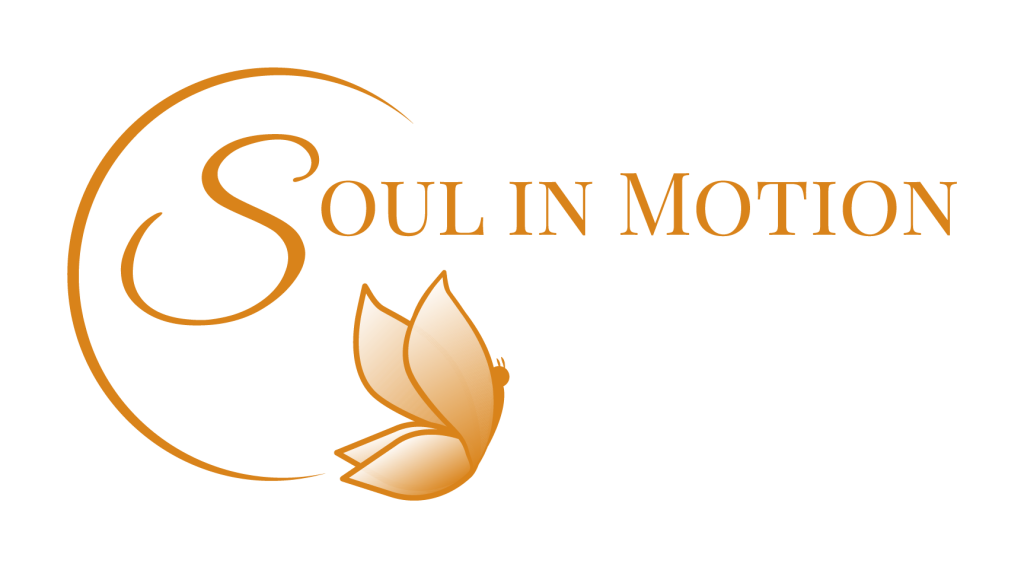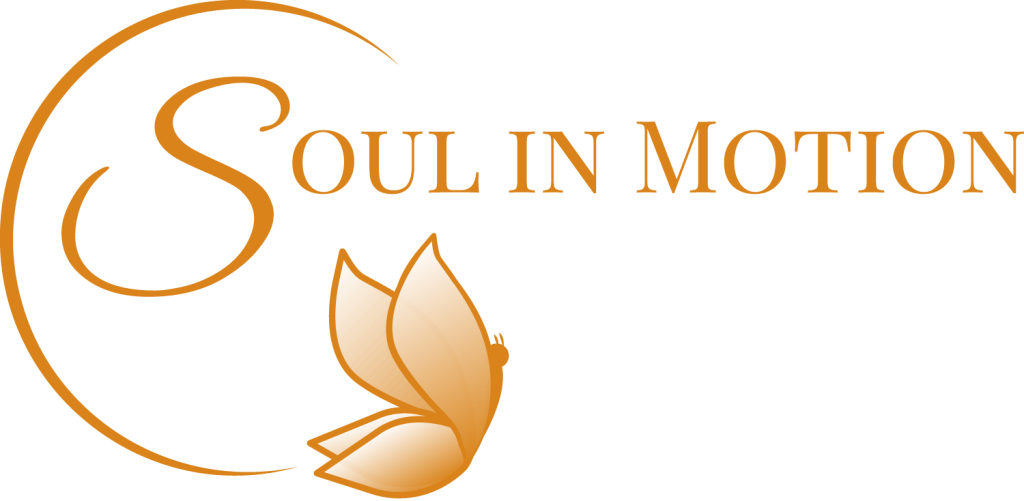Living with chronic stress can feel like carrying a heavy backpack that you can never take off. As a therapist (and a human being like everyone else), I’ve seen how this constant pressure affects not just our minds, but our entire bodies. Today, I want to help you understand what happens when stress overstays its welcome, and just as importantly, why you shouldn’t blame yourself for these physical reactions.
The Body’s Stress Response
Think of your body’s stress response like a home security system. When it works as intended, it protects you from danger. Your heart beats faster, your muscles tense up, and you become more alert – all helpful reactions when you need to deal with a short-term challenge.
But what happens when that alarm system never turns off? This is what chronic stress does to your body. It’s like leaving your security system blaring 24/7, and just like that would wear down your house’s electrical system, chronic stress wears down your body.
The Physical Effects You Might Be Experiencing
If you’re dealing with chronic stress, you might notice some of these changes in your body:
Your digestive system might be acting differently. Maybe you’re experiencing more stomachaches, lose bowel movements, or your appetite has changed. This happens because stress affects how your digestive system works – it’s not just “all in your head.”
Your sleep patterns might have changed. Perhaps you’re lying awake at night, mind racing, or feeling tired no matter how much you rest. This is your body’s natural response to being in constant “alert mode.”
Your immune system might not be as strong as usual. If you’re catching every cold that comes around, it’s not because you’re weak – it’s because stress can lower your body’s immune defenses.
Headaches and muscle tension might have become your unwanted companions. When your body stays alert for too long, your muscles remain tense, leading to pain and discomfort or turning normal, low-level discomforts into greater obstacles against wellbeing.
The Heart of the Matter
One of the most serious effects of chronic stress is its impact on your heart health. Your heart works harder when you’re stressed, and over time, this extra effort can lead to increased blood pressure and other cardiovascular issues. This isn’t meant to scare you, but rather to highlight why taking stress seriously is an act of self-care, not self-indulgence.
Your Hormones Under Stress
Chronic stress can throw your hormones out of balance. Your body might produce more cortisol (often called the stress hormone) than usual. This can affect everything from your metabolism to your mood. If you’ve noticed changes in your weight or energy levels, this might be why.
A Message of Hope
While reading about these effects might feel overwhelming, please remember: your body’s reactions to stress are normal responses to abnormal amounts of pressure. You’re not broken, and you’re not failing. Your body is simply telling you it needs more support and care.
The good news is that our bodies have an amazing capacity to heal when we reduce stress levels. Small steps like deep breathing, gentle movement, or talking to someone you trust can start making a difference. You don’t have to make huge life changes all at once.
Remember, seeking help for stress isn’t a sign of weakness – it’s a sign of wisdom. Whether that help comes from a therapist, doctor, or trusted friend, reaching out is a powerful first step toward feeling better.
Take a moment now to take a deep breath. Your awareness of how stress affects you is already a step toward better health. You’re not alone in this journey, and there’s always hope for positive change.
Learn More
If you’re interested in learning more about anxiety and stress, we invite you to visit our Anxiety Therapy Page.
If you need support and would like to connect with us to learn about how we can help, you are welcome to contact us here.













